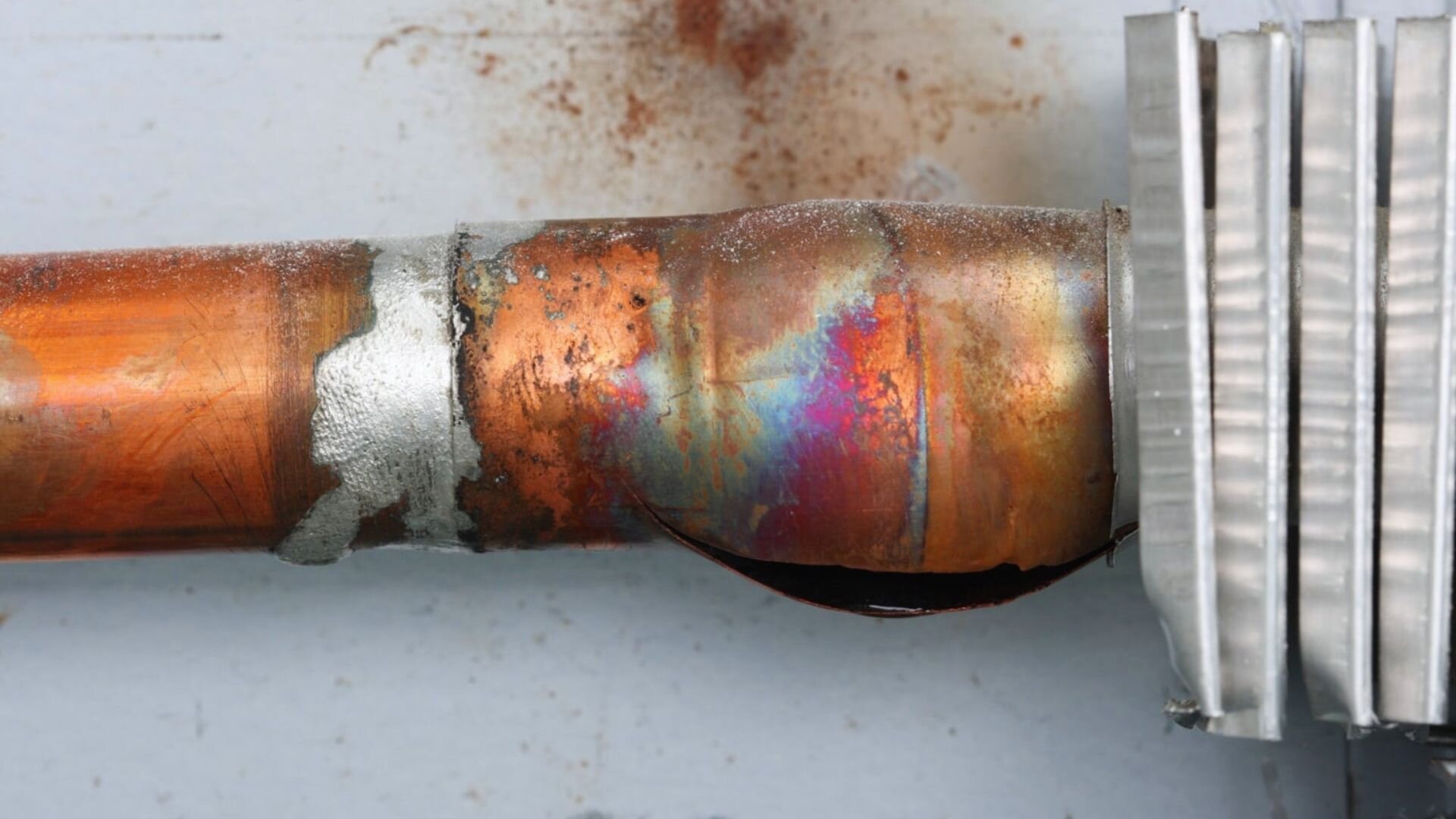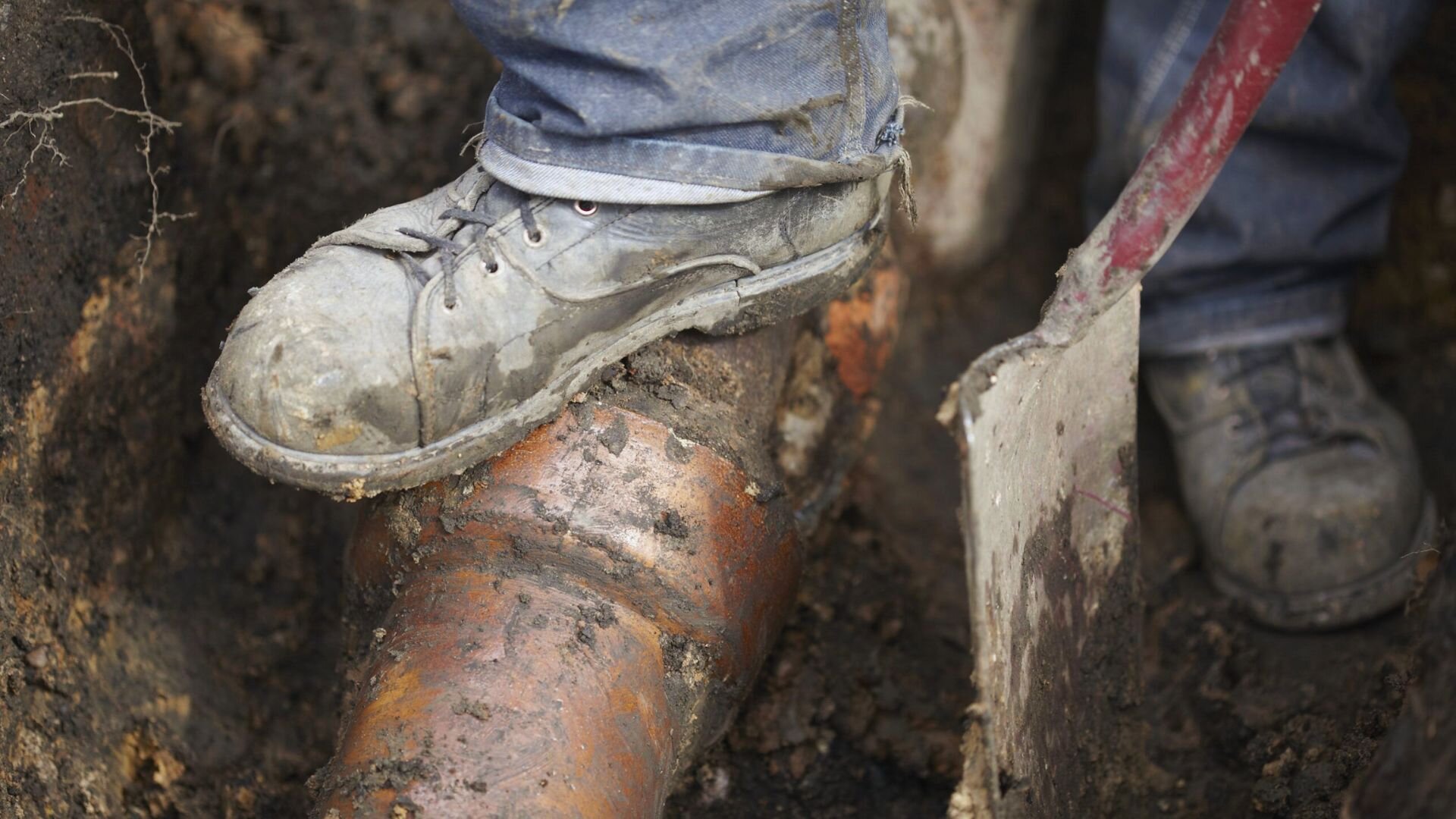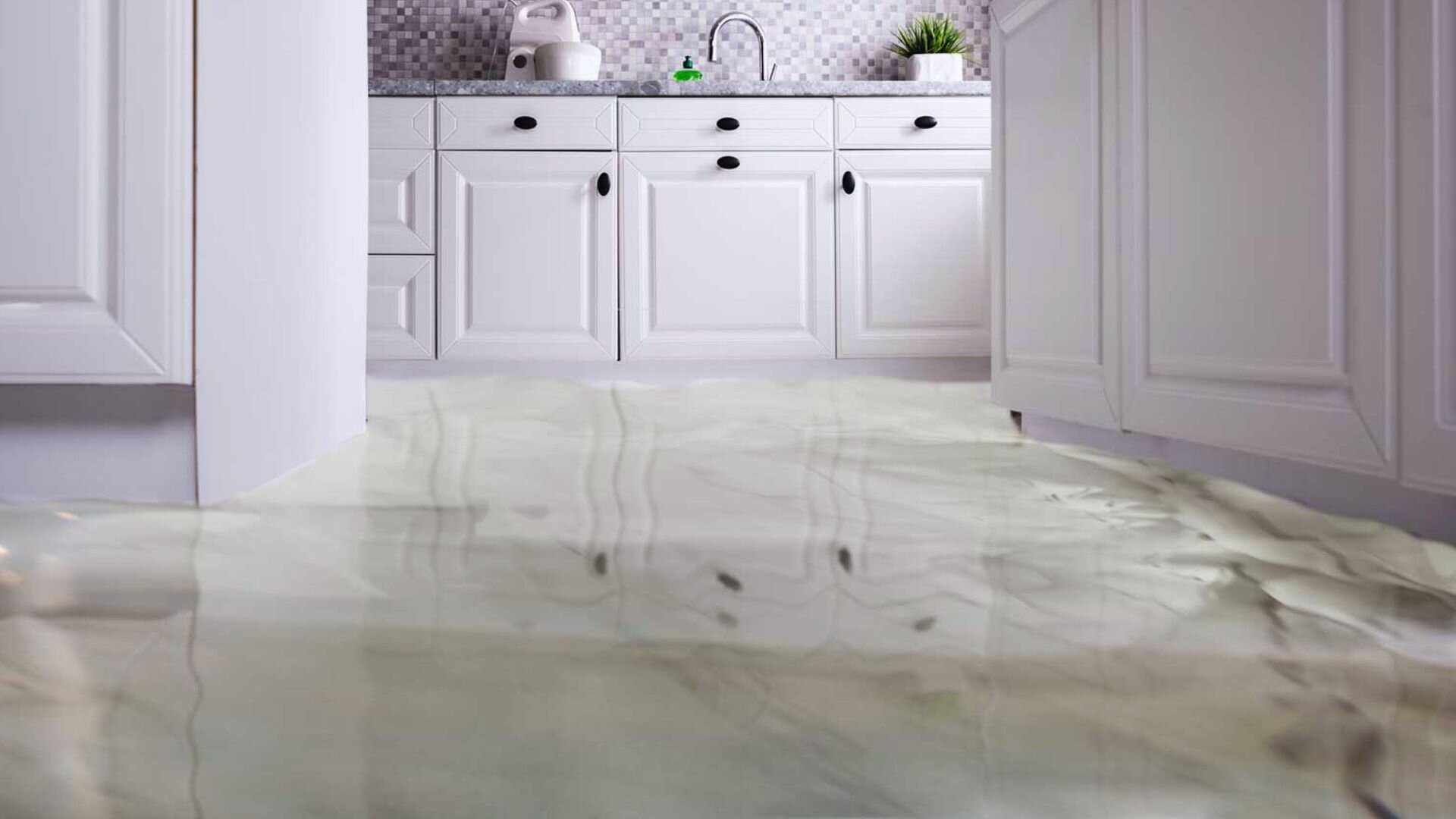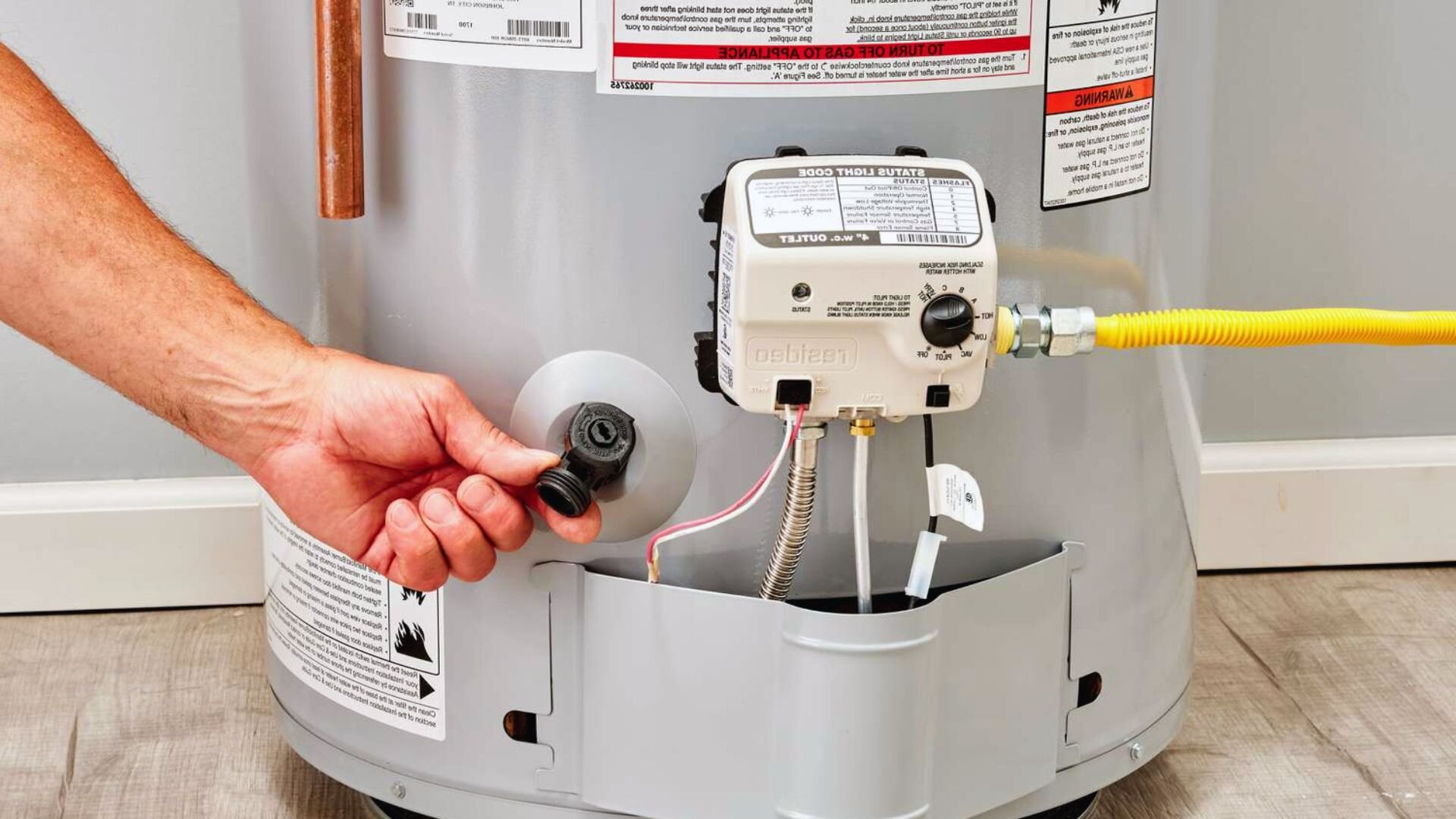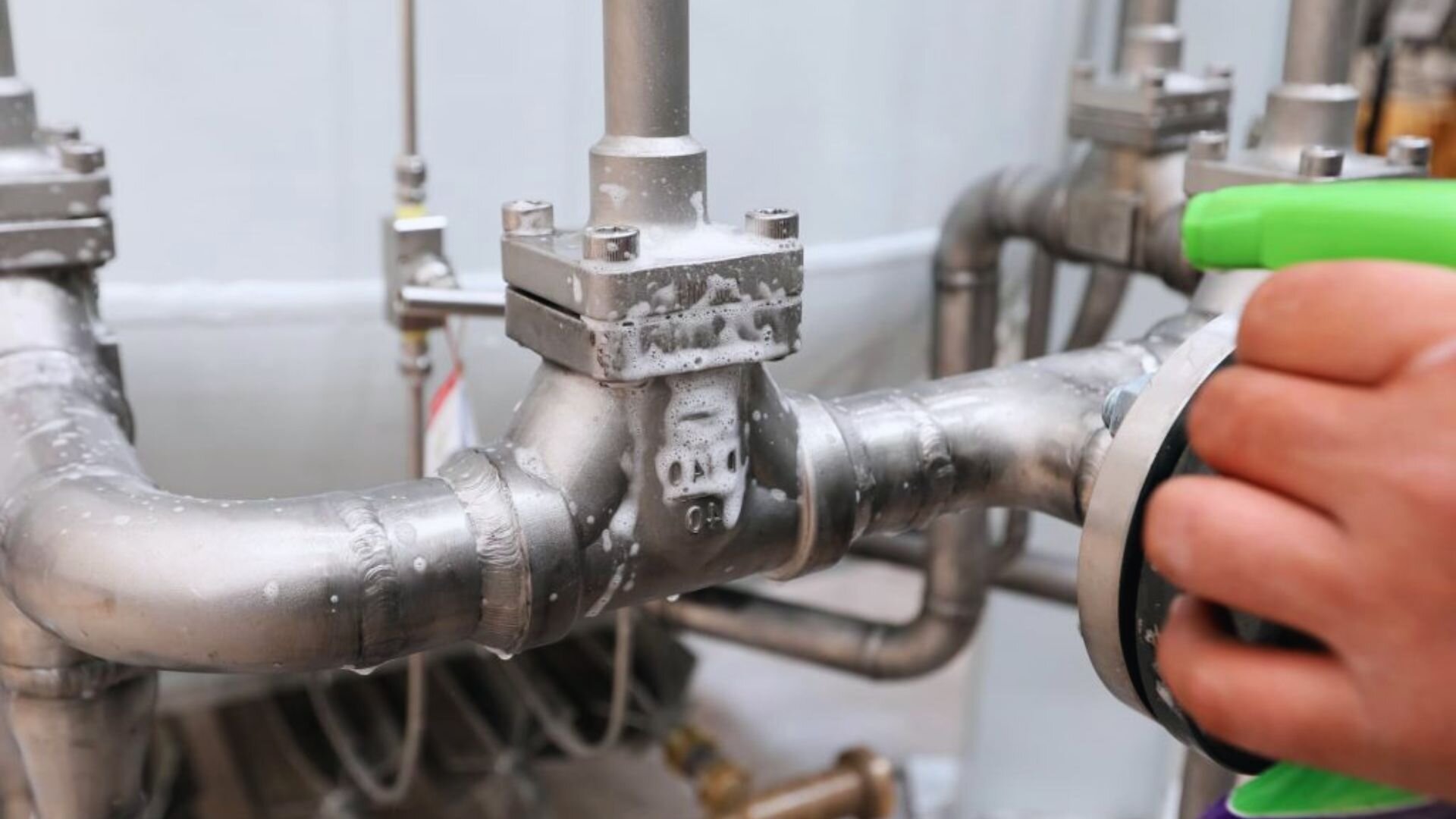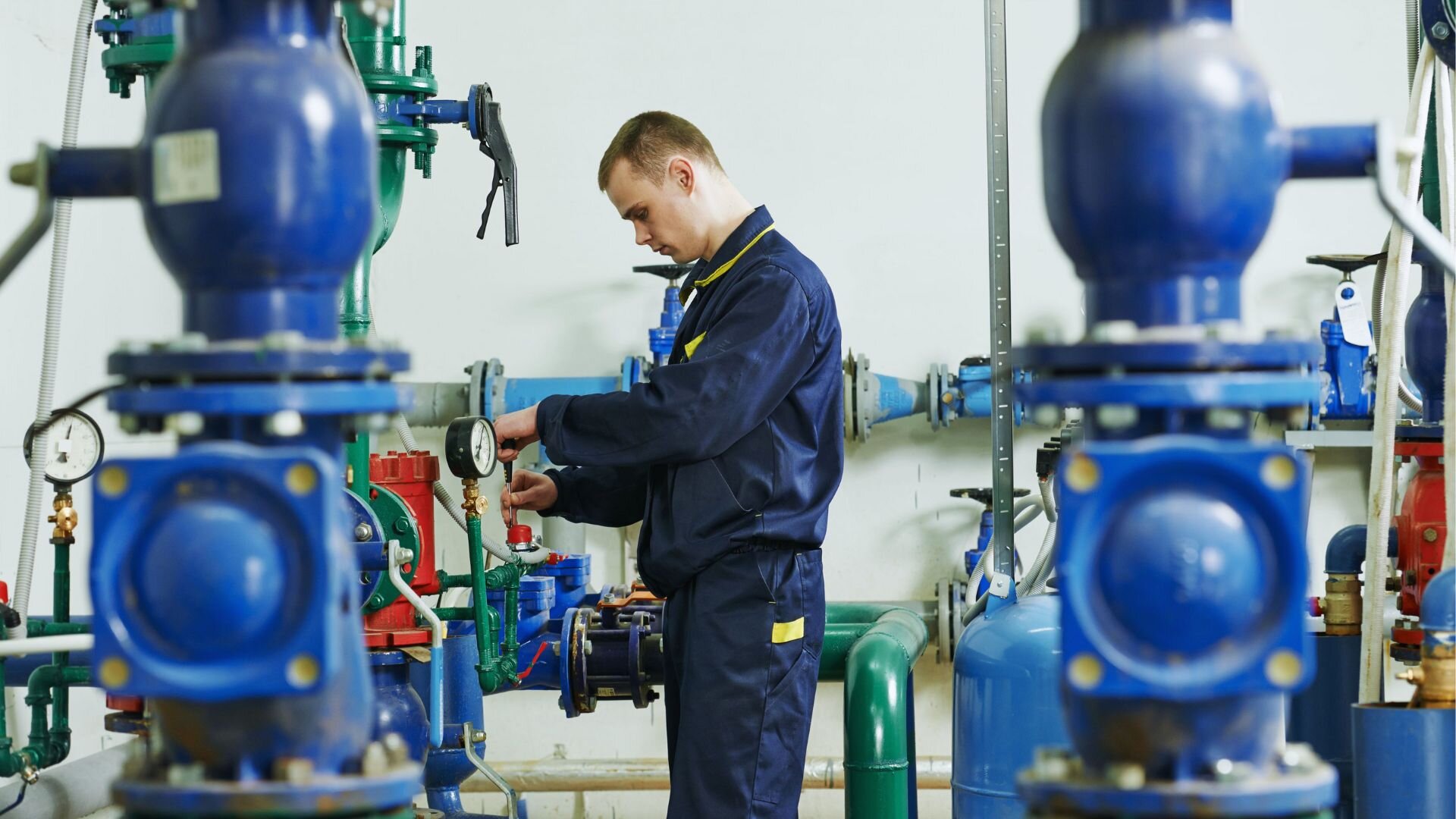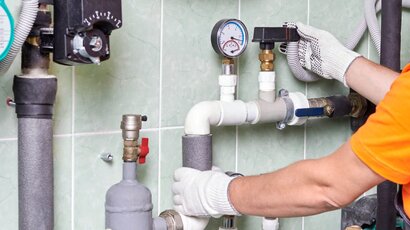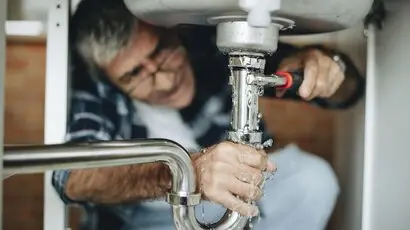Efficient plumbing systems are crucial for the smooth running of commercial properties. But when unexpected plumbing issues arise, they can quickly disrupt daily routines and cause considerable damage if not dealt with promptly.
In this article, we will dive into the world of common commercial plumbing emergencies and equip you with valuable insights on what to do in a commercial plumbing emergency.
Whether you’re dealing with burst pipes, sewage backups, hot water system failures or other commercial emergency plumbing problems, knowing the proper steps can help mitigate the situation and minimise potential damage.
So, join us as we provide you with the steps and knowledge to deal with emergency plumbing issues in your business effectively!
Understanding Common Commercial Plumbing Emergencies
When it comes to your commercial plumbing systems, it’s essential to understand the range of potential issues they can face. These plumbing emergencies require prompt action, from burst pipes and leaks to blocked drains and hot water system malfunctions.
Getting familiar with these common issues means you can prevent them or react swiftly if they occur. This guide offers tips for temporary fixes for blocked drains, leaking taps, burst pipes, and more. Also, find out when to reach out to professional plumbers for commercial services.
So, let’s delve into the details and equip you with the knowledge you need.
Dealing With Burst Pipes And Leaks - Temporary Solutions
![]()
A burst pipe or leak can wreak havoc on your property, leading to extensive damage if left unattended. Fortunately, there are temporary measures you can take while waiting for emergency plumbing services to mitigate the situation.
First, identify the burst pipe or leak’s location or source. Once located, place a bucket or container beneath it to collect any dripping water. This will help prevent further water damage and keep the area as dry as possible.
You can temporarily seal the leak using plumbing tape or a pipe clamp. This can help reduce the water flow and minimise the immediate damage until a professional plumber arrives to fix the issue permanently.
It’s also essential to promote air circulation in the affected area to prevent the growth of mould and mildew. Open windows if possible or use fans to improve ventilation. This will help dry out the surroundings and limit the potential for further complications. Once you have done this, contact your local commercial plumbing service.
Managing Sewage Backups - Safety Precautions And Cleanup
![]()
Sewage backups can pose serious health risks and demand immediate attention. If you encounter a sewage backup, it’s essential to take prompt action to ensure the safety of everyone involved.
Evacuating the affected area prioritises the safety of all individuals present. This precautionary measure will help minimise exposure to harmful pathogens and prevent potential health hazards.
Avoid direct contact with sewage water to prevent contamination. Sewage has bacteria, viruses, and other harmful elements that present serious health risks. Ensure you wear protective clothing, gloves, and boots before entering the area.
Additionally, ventilation should be maintained by opening windows and using fans to improve air circulation. This will help mitigate unpleasant odours and reduce the risk of airborne contaminants. After this, contact your local emergency plumbing services, which specialise in handling sewage backups.
Mitigating Flooded Restrooms And Drainage Issues
![]()
A flooded restroom or drainage issues can quickly disrupt normal operations and inconvenience occupants, making it crucial to address them promptly. What may start as a small blockage in a drain can escalate into severe problems, including flooding. Here are some steps you can take to address these emergencies effectively:
If you can, turn off the water to the affected restroom. This action will help contain the flooding and reduce potential damage. Use towels, mops, or wet vacuums to clear away excess water in the area.
Afterwards, identify and clear any blockages in the drains. You can use a plunger or a drain snake to dislodge the obstruction and restore proper drainage. If your efforts don’t resolve the issue, it’s time to call your trusted emergency plumbers.
Addressing Hot Water System Boiler Emergencies
![]()
When faced with a hot water system or boiler emergency in your commercial property, it’s crucial to take immediate action to restore the hot water supply and ensure the safety of occupants. When you notice an issue, turn off the power supply to any hot water systems. This will help prevent further damage and minimise the risk of electrical hazards.
In the event of a gas leak, it is essential to prioritise the safety of everyone on the premises. Evacuate the building immediately and contact the gas company for assistance. Gas leaks can be hazardous, and it’s crucial to let professionals handle the situation.
We recommend contacting a licensed commercial plumber who specialises in hot water systems. These professionals possess the expertise and experience to accurately diagnose issues and carry out the necessary repairs.
Hiring commercial plumbing services ensures that the emergency plumbing problem is addressed effectively, helping to restore the hot water supply and preventing further disruptions.
Ensuring Safety And Evacuation Procedures
In a commercial plumbing emergency, prioritising everyone’s safety is crucial. Establishing and clearly communicating evacuation procedures ensures a quick and organised response when needed.
One critical aspect of emergency preparedness is conducting regular drills to familiarise occupants with the evacuation plan. These drills serve as invaluable opportunities for individuals to practice and internalise the necessary actions to take in case of a plumbing emergency.
Regularly reviewing and updating the evacuation plan is crucial to account for any changes in the layout of the commercial property or the number of occupants. You can maintain an effective emergency response system that aligns with your commercial space’s specific needs and requirements by staying proactive and adaptable.
![]()
Preventive Measures For Commercial Plumbing Emergencies
Prevention is always better than dealing with emergency plumbing problems. Implementing preventative measures can help minimise the occurrence of commercial plumbing issues. Consider the following preventative steps:
- Schedule routine maintenance inspections to identify and address potential problems before they escalate.
- Install sump pumps in areas prone to flooding to prevent water damage.
- Regular roof inspections should be conducted to identify and repair leaks that can lead to plumbing issues.
- Ensure that the contact information for your emergency plumber is prominently displayed in an easily accessible location.
Building Maintenance And Regular Plumbing Inspections
Regular building maintenance and plumbing inspections are vital to ensure the proper functioning of your commercial plumbing system.
Engaging the services of a reliable commercial plumbing service for routine inspections can help identify hidden issues and address them promptly, preventing potential emergencies.
![]()
Commercial Plumbing Emergency Kits: Essential Tools and Supplies
Maintaining a well-equipped emergency kit specific to commercial plumbing can help you respond swiftly during an emergency. Along with a trusted 24-hour emergency plumbing company number, here are some essential tools and supplies to include:
- Pipe wrenches and adjustable wrenches
- Plumbing tape and pipe clamps
- Plungers and drain snakes
- Buckets and containers
- Wet vacuums and mops
- Personal protective equipment (P.P.E.) like gloves and masks
Communication And Documentation: Reporting And Follow-up
During a commercial plumbing emergency, effective communication and documentation are vital. Keep detailed records of the emergency, including dates, times, and actions taken.
Report the incident to the appropriate personnel or property management for follow-up and insurance purposes. If you have a reliable plumber, they can also help you document the emergency job.
Safeguarding Your Commercial Property From Emergency Plumbing Situations
Being prepared and knowing how to handle a commercial plumbing emergency is crucial to safeguarding your property, ensuring the safety of occupants, and minimising potential damage. You can effectively manage these situations by understanding common plumbing emergencies, having an emergency action plan, and knowing when to seek professional help from your local plumbing services.
Remember, preventive measures and regular maintenance are vital in reducing the likelihood of plumbing emergencies, so make them a priority for your commercial property.
Do you have more questions about commercial plumbing, or are you looking for commercial plumbing services in Melbourne? Please speak to our emergency plumbers at W.P. Plumbing. We offer 24-hour emergency plumbing services, and our certified plumbers have years of experience.
Our professional plumbers can help you with all your commercial plumbing needs. So, don’t hesitate to contact us - your local emergency plumber!
Frequently Asked Questions (F.A.Q.s)
What are the common causes of commercial plumbing emergencies?
Some common causes include burst pipes, clogged drains, sewer line backups, malfunctioning water heaters, faulty plumbing fixtures, and damaged or aging plumbing infrastructure. Additionally, extreme weather conditions, such as freezing temperatures or heavy rainfall, can contribute to commercial properties’ plumbing emergencies.
How can I locate the main water supply valve in my commercial property?
The main water supply valve is typically located near the water meter or where the water line enters the building. It is often found in basements, utility rooms, or mechanical rooms. Labelling the valve for easy identification during emergencies if you are unsure is recommended, as your emergency plumber for assistance.
When should I contact a professional commercial plumber?
It is advisable to contact experienced plumbers in the following situations:
- Significant water leaks, a blocked drain or burst pipes
- Sewage backups, broken sewer lines or foul odours
- Water heater or boiler failures
- Persistent or recurring plumbing problems
- Any plumbing issue that poses a risk to the safety of occupants
How can I prevent plumbing emergencies in my commercial building?
Implementing preventive measures can help minimise the occurrence of plumbing emergencies and costly plumbing work in your commercial building. Here are some preventative steps you can take:
- Schedule regular maintenance and inspections by a professional commercial plumber to identify and address potential issues before they escalate.
- Educate occupants about properly using plumbing fixtures and appliances, such as not flushing inappropriate materials down toilets or disposing of grease in drains.
- Insulate exposed pipes to prevent freezing during cold weather.
- Monitor water pressure to ensure it remains within the optimal range and install pressure-reducing valves if necessary.
- Promptly repair leaks, dripping faucets, or running toilets to prevent water wastage and potential damage.
- Avoid overloading the plumbing system by spreading out water usage during peak times.

